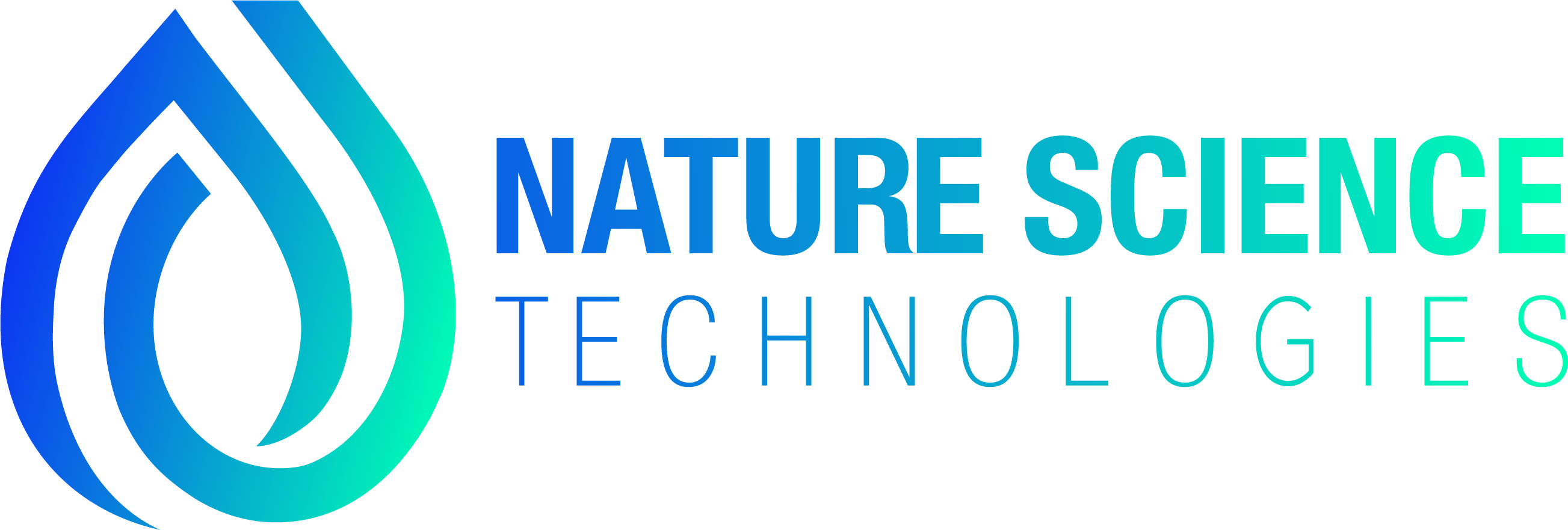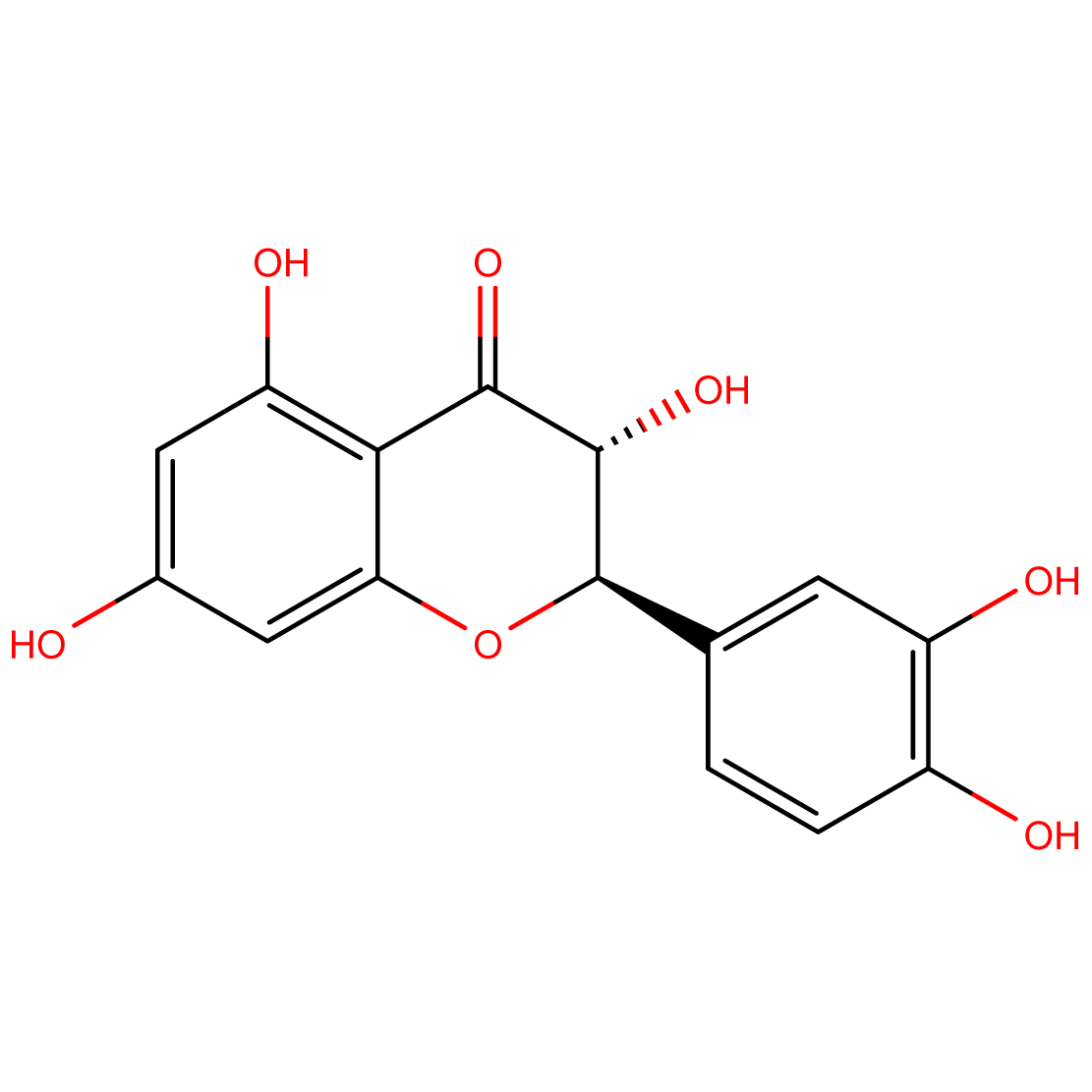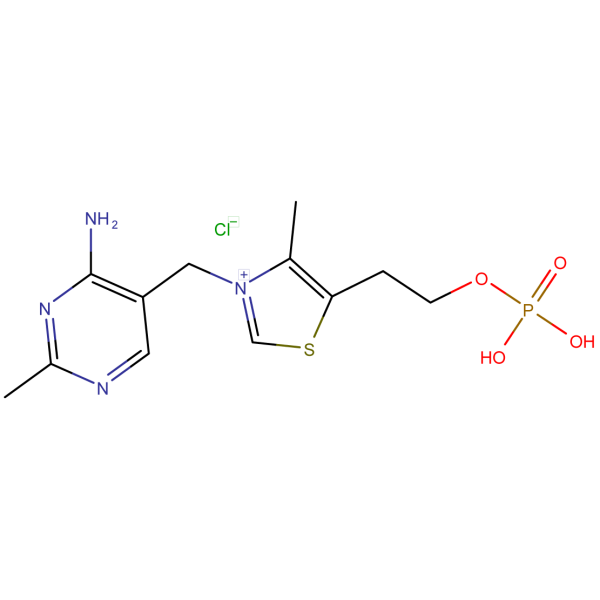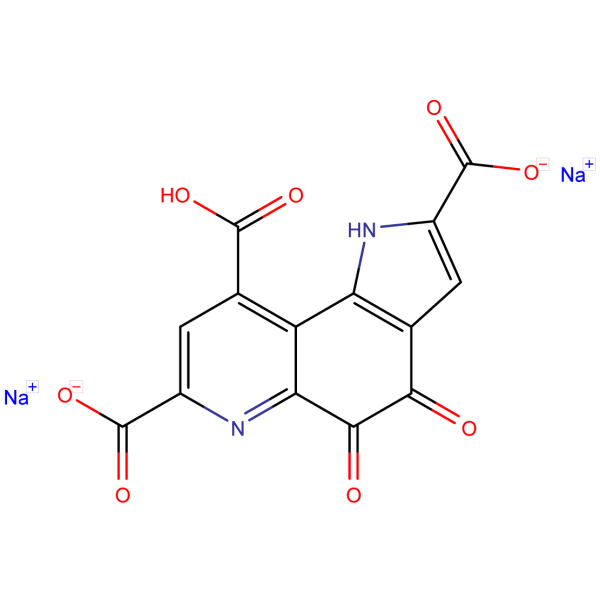Taxifolin (CAS 480-18-2): Potent Flavonoid for Advanced Biomedical Research
1. Molecular Identity
- Chemical Name: (2R,3R)-2-(3,4-dihydroxyphenyl)-3,5,7-trihydroxy-2,3-dihydrochromen-4-one
- CAS Number: 480-18-2
- Source: Naturally occurring in various plants, including Siberian larch, milk thistle, and onions
2. Biochemical Significance
Taxifolin (CAS 480-18-2), also known as dihydroquercetin, is a flavonoid with diverse biological activities. Its unique molecular structure contributes to its potent antioxidant, anti-inflammatory, and potential cardioprotective properties, making it a compound of significant interest in pharmaceutical research and nutraceutical studies.
3. Key Properties of Taxifolin (CAS 480-18-2)
- Antioxidant: Exhibits strong free radical scavenging ability
- Anti-inflammatory: Demonstrates potential to modulate inflammatory pathways
- Cardioprotective: Shows promise in improving cardiovascular health
- Hepatoprotective: Indicates efficacy in protecting liver cells
4. Potential Research Applications
- Oxidative stress and aging studies
- Cardiovascular disease research
- Liver disease investigations
- Neurodegenerative disorder studies
5. Current Research Focus
Ongoing studies are investigating Taxifolin’s effects on:
- Cellular antioxidant defense mechanisms
- Inflammatory signaling pathways in various tissues
- Lipid metabolism and atherosclerosis
- Neuroprotection in brain disorders
6. Formulation Challenges and Innovations
Researchers are actively working on:
- Enhancing bioavailability through novel delivery systems
- Developing stable formulations for various applications
- Creating synergistic combinations with other antioxidants
7. Regulatory Considerations
Taxifolin (CAS 480-18-2) is primarily used in research settings and as a dietary supplement in some countries. Its development for specific therapeutic applications would require comprehensive safety and efficacy evaluations to meet regulatory standards.
8. Future Research Directions
The scientific community anticipates:
- Advanced clinical trials for cardiovascular and liver disorders
- Exploration of Taxifolin’s potential in combination therapies
- Investigation of its long-term effects on health and longevity
9. Collaborative Opportunities
We invite cardiologists, hepatologists, neurologists, and academic institutions to explore the research potential of Taxifolin. For inquiries, collaborations, or to discuss how this compound can benefit your research projects, please contact us at sales@nstchemicals.com.
Join us in advancing biomedical research with Taxifolin (CAS 480-18-2) – a powerful flavonoid at the forefront of natural product-based therapeutic strategies.



